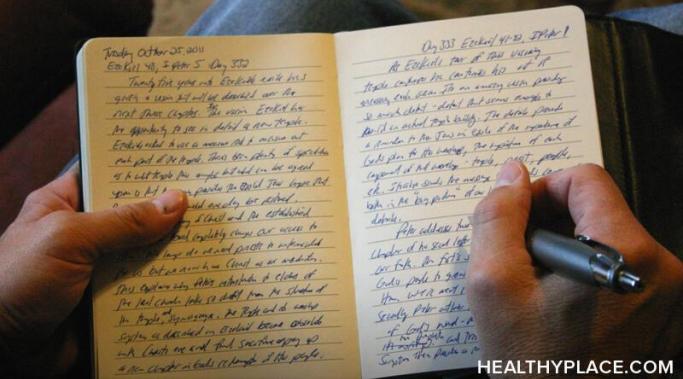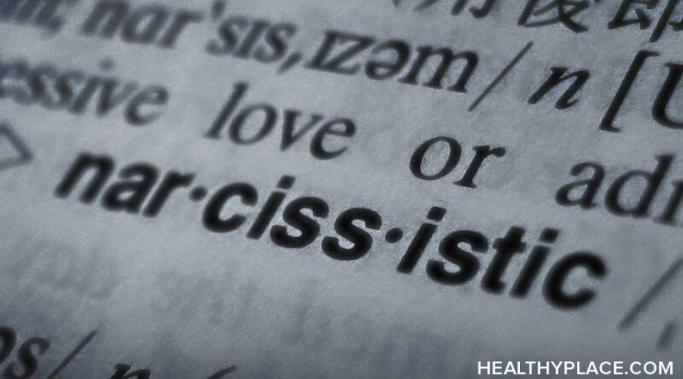Blogs
Have you ever wondered why you constantly have bad relationships or attract the wrong type of people who exhibit abusive behaviors? For years, I thought there must be something wrong with me, and those were the only kind of partners that wanted me or that I could have. However, after years of therapy and some self-exploration, I've realized that even though abusive partners should not abuse, part of the problem was my choices at the beginning of the relationship.
Over a year ago, you welcomed me to the "Coping with Depression" blog. Since then, I have had the opportunity to write specifically about postpartum depression and how it impacted my life. As I write this final post, my hope is that you've found help and encouragement through reading about my experiences with postpartum depression.
Journaling is one way I fight mental health self-stigma and is, fortunately, becoming increasingly popular in today's world. Used as a method for releasing negativity, spurring creativity, and everything in between, journaling can create a safe space for many people who practice it.
I know I’ve been writing a lot about my knee troubles, and I’ve even shared that I have early signs of arthritis in my knees. But it didn’t hit me until I saw my orthopedic doctor again, and he confirmed I have osteoarthritis of the knee. “Osteoarthritis” is one of those words I’m going to have to get used to, just like “schizoaffective” was so many years ago. But looking back on how I handled my transition to a new schizoaffective disorder is helping me grapple with this new diagnosis, which arrived just in time for my 43rd birthday.
Telling yourself to stop feeling guilty for self-harm is like trying not to think about pink elephants. It feels like you can't help it, and the harder you push it away, the tighter it seems to grip onto your gray matter. But believe it or not, you can move past guilt and finally begin to heal.
As a 2014 graduate, I believed that finding a reasonably good workplace was difficult, not impossible. Thanks to reviews on websites like Glassdoor and Quora, one could figure out if a workplace was healthy or not. One could even reach out to employees via LinkedIn or email if they wanted to be doubly sure. Today, I think these are no longer reliable ways to assess an organization. I now believe that there is no way to know how a company is beforehand. One has to work there first.
I've struggled with feeling like I'm too self-confident in the past. I have often felt like I was too proud and that it didn't come off well to others. As I learned more about myself, I realized that not knowing the difference between high self-esteem and conceit was potentially a factor in lowering my self-image.
Body dysmorphia is a mental health condition that will impact an estimated one in 50 people over the course of a lifetime.1 In some cases, those with body dysmorphia also suffer from eating disorder behavioral patterns such as caloric restriction, compulsive exercise, binge-purge cycles, or obsession with weight. The earliest signs of body dysmorphia often manifest in adolescence,2 and anyone can be at risk—no matter their gender pronouns, sexual orientation, body composition, or ethnic background. Here is what you should know about body dysmorphia in case you (or a loved one) are exhibiting symptoms of this mental illness.
Mental health labels and humans go together like unicorns and glitter. Some see the union as innocent and natural. Others see a mystical creature that doesn’t exist and tiny pieces of plastic headed for the ocean. Labels can free you, and they can chain you.
They say there's an app for everything. I certainly have dozens of apps on my mobile devices that provide access to whatever I need at my fingertips. I recently started using an app to track my moods as a means by which to map the ups and downs of my anxiety.








